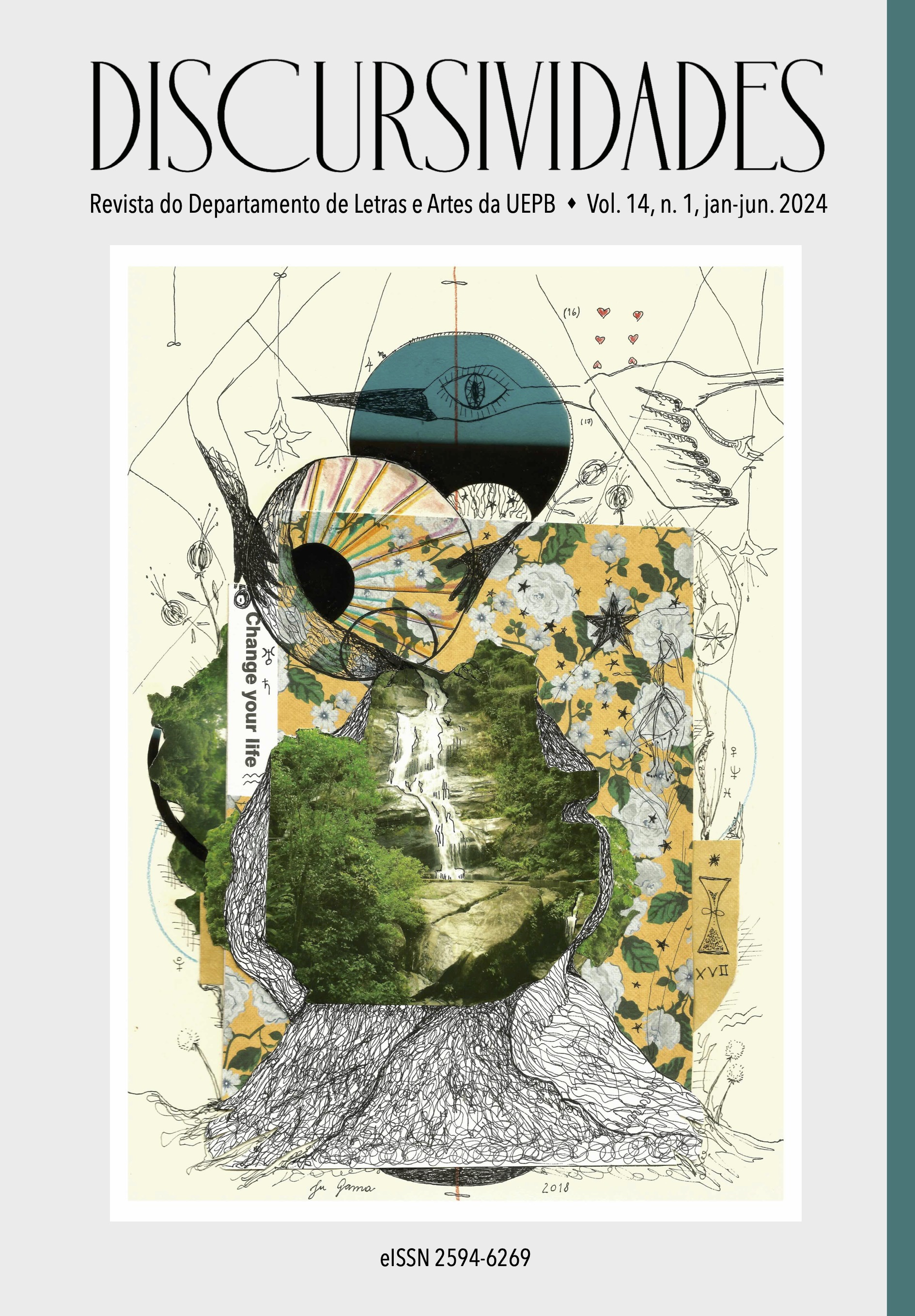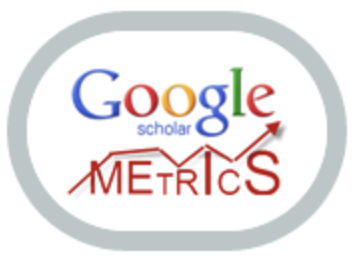Politics on the Flow Podcast: an analysis of the construction of ethos and pathos in President Lula’s discourse
Keywords:
Português, Ethos. Pathos. Discurso político. Presidente Lula. Flow Podcast.Abstract
This article, based on the Semiolinguistics Theory, conceived by Patrick Charaudeau, analyses how is built the discursive ethos and pathos of President Luiz Inácio Lula da Silva on the interview to Flow Podcast, vehiculated on October 18th, 2022, twelve days before the second round of the presidential election, disputed with the ex-president Jair Messias Bolsonaro. The research was theoretical and methodologically anchored in the concepts of ethos and pathos applied to the political discourse as a persuasion strategy, according to Charaudeau (2018). The analysis results revealed that predominated in Presidente Lula’s discourse the ethé which aim to arouse the audience’s trust, such as the figures of chief and virtue. The disqualification of his opponent, Jair Bolsonaro, was a strategy of construction of the pathos widely used by the president, in order to establish an image of savior before his interlocutor.
References
BONINI, T. A “segunda era” do podcasting: reenquadrando o podcasting como um novo meio digital massivo. Tradução: Marcelo Kischinhevsky. Radiofonias - Revista de Estudos em Mídia Sonora. v. 11, n. 01, p. 13-32, jan.-abr. 2020. Disponível em: https://periodicos.ufop.br/radiofonias/article/view/4315. Acesso em: 21 jan. 2024.
CANAVILHAS, J. A Comunicação Política na Era da Internet. VIII Lusocom, 2009. Disponível em: http://hdl.handle.net/10400.6/686. Acesso em: 10 jan. 2024.
CASTELLS, M. O poder da identidade. São Paulo: Paz e Terra, 2018.
CASTRO, G. Podcasting e consumo cultural. Revista da Associação Nacional dos Programas de Pós-Graduação em Comunicação - E-Compós. Brasília: Associação Nacional dos Programas de Pós-Graduação em Comunicação, 2005. Disponível em: https://www.e-compos.org.br/e-compos/article/view/53/53. Acesso em: 21 jan. 2024.
CHARAUDEAU, P. Uma análise semiolinguística do texto e do discurso. In: PAULIUKONIS, M. A. L. e GAVAZZI, S. (Orgs.). Da língua ao discurso: reflexões para o ensino. Rio de Janeiro : Lucerna, 2005.
_____. "Pathos e discurso politico". In: MACHADO, I. L.; MENEZES, W.; MENDES, E. (Orgs.), As Emoções no Discurso. v. 1. Rio de Janeiro: Lucerna, 2007.
_____; Maingueneau, D. Dicionário de análise do discurso. 3ª ed. São Paulo: Contexto, 2014.
_____. Discurso político. 2ª edição. São Paulo: Contexto, 2018.
DEMARTINI, F. Em alta desde 2019, podcasts multiplicam gêneros e dinheiro no Brasil. Canaltech. 3 dez. 2020. Disponível em: https://canaltech.com.br/entretenimento/especial-em-alta-desde-2019-podcasts-multiplicam-generos-e-dinheiro-no-brasil-175681/. Acesso em: 10 jan. 2024.
MAINGUENEAU, D. Variações sobre o ethos. São Paulo: Parábola, 2020.
MARTINO, L. M. S. Teorias das mídias digitais: linguagens, ambientes, redes. Petrópolis: Vozes, 2014.
SAPIO, M.; IOTTI, L. Lula supera 1 milhão de espectadores no Flow Podcast e bate recorde de Bolsonaro. CNN Brasil. 18 out. 2022. Disponível em: https://www.cnnbrasil.com.br/politica/lula-supera-1-milhao-de-espectadores-no-flow-podcast-e-bate-recorde-de-bolsonaro/. Acesso em: 13 mar. 2024.
VICENTE, Eduardo. Do rádio ao podcast: as novas práticas de produção e consumo de áudio. Emergências periféricas em práticas midiáticas. São Paulo: ECA/USP, 2018. Disponível em: https://www.eca.usp.br/acervo/producao-academica/002906541.pdf. Acesso em: 15 jan. 2024.
Downloads
Published
How to Cite
Issue
Section
Categories
License
Copyright (c) 2024 Fernanda Ábila

This work is licensed under a Creative Commons Attribution 4.0 International License.
Authors who publish in this journal agree to the following terms:
a) Authors retain copyright and grant the journal the right of first publication. The articles are simultaneously licensed under the Creative Commons Attribution 4.0 International Public License (CC BY 4.0) which allows the sharing of the work with acknowledgment of its authorship and initial publication in this journal.
b) Discursividades journal offers immediate free access to its content, following the principle that making scientific knowledge available to the public free of charge provides greater global democratization of knowledge.






